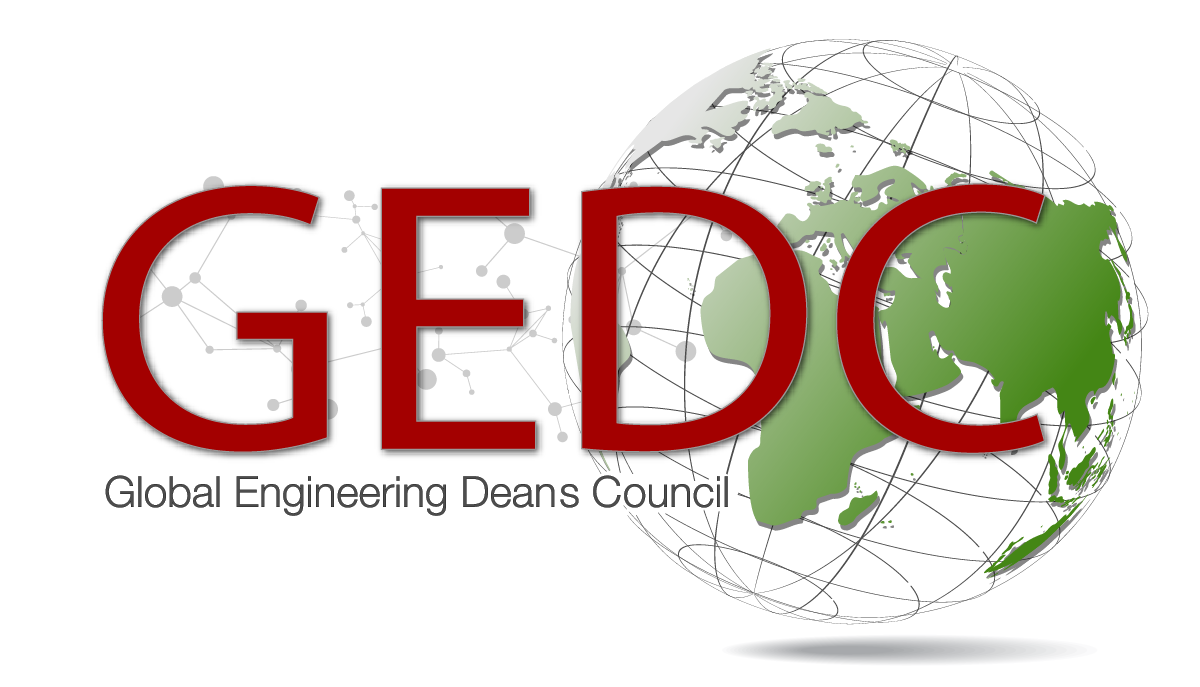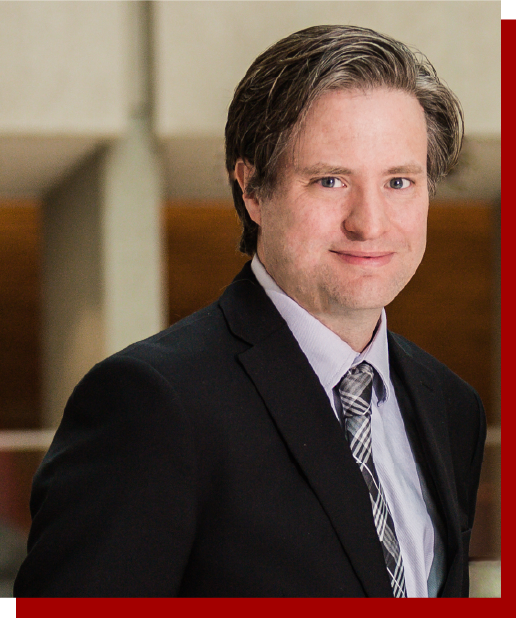What are some unique and successful programs and initiatives implemented by the Schulich School of Engineering at the University of Calgary?
Our focus is on energizing engineering leadership by supporting student success, fostering diversity and conducting high-impact research that makes a difference in the world. Engineering leaders spark new ideas and find solutions never before imagined.
We feel that by embracing entrepreneurial thinking, hands-on learning and a digital mindset, we’re preparing engineers to be the innovators and disrupters society needs. That’s why we partnered with the Haskayne School of Business to create a new program where undergraduate students can earn an engineering degree and a business degree at the University of Calgary in as little as five years. This rare opportunity allows students to simultaneously develop the technical and the business skills they need to pursue an entrepreneurial future.
To continue to support developing an entrepreneurial mindset in young engineers, we’ve also opened our Maker Multiplex (M2). It’s a space for students, faculty and staff to build prototypes, test designs and grow problem-solving skills. We already teach design thinking in the classroom, but this additional space – along with other dedicated spaces for student clubs and teams – allows our future engineers the chance to create something new. Through problem-solving, adjusting to new variables and trying new techniques the students experience a rich and deep learning we feel is key to their education.
What are some overall challenges that your institution faces and how do you address these challenges?
We are located in Calgary, Alberta – a region that is actively working to grow its tech sector. Our graduates have already seen great success working with some of the largest tech firms in the world, or inventing tools and software to launch innovative programs and companies. With the world becoming ever-more digital in focus, our community needed our help to continue to expand tech talent development. That’s why this summer we launched a new Master of Engineering program with a focus on software engineering. The 12-month program, where students develop advanced software engineering skills, was immediately overwhelmed with applicants. Within a month of announcing the program, we had recruited an entire class of students and begun classes. The students are existing engineers who are shifting their careers to better take advantage of growing opportunities in software engineering.
This new program was created to directly address the needs of our community to grow the number of software engineers locally. By working collaboratively with our provincial government and community leaders, we responded strategically, and swiftly. Our students are excelling in their studies. We are also examining our core curriculum to ensure our students have a digital mindset.
Can you share with us some of the approaches that the University of Calgary is implementing in order to sustain growth in its Engineering College and retain a constant growth of its student body in addition to ethnic and gender diversity?
As a school, we are committed to expanding diversity within the engineering profession. In 2015, we launched our strategic plan and made fostering diversity one of three school-wide priorities. For engineering to thrive, we need to cultivate an environment where people with a variety of backgrounds, genders, interests and talents feel welcome and included.
We’ve established an Associate Dean of Diversity and Equity to ensure that we have a school-wide focus on ensuring we are welcoming to all. In November, we welcomed Deanna Burgart as our first Indigenous Engineer-in-Residence. She is a self-proclaimed ‘Indigeneer’ to help us expand our connections between engineering and Indigenous wisdom. We have also created the Discover Engineering team of students from diverse backgrounds to help support recruitment and outreach activities by sharing their stories and perspectives with the next generation. And whether it be through Cybermentor – an online mentoring program for young women – or various women in engineering events throughout the year, we are actively encouraging female students to consider a career in engineering.
It’s not enough to encourage underrepresented groups to become engineers. We also need to actively work to break down barriers some face to pursuing a STEM education. This year, we launched 50 new diversity champions in engineering entrance awards designed to help create diversity champions in our school while also supporting those who may have already experienced challenges to becoming an engineer. We are currently exploring new routes for students with a biology background to become first-year engineering students.
In addition to recruitment efforts, we are also working to promote diversity within our faculty. We have helped establish a female graduate student leadership circle to provide leadership growth and training for nearly 100 graduate and postdoctoral scholars from across our university. We’ve provided unconscious bias training as part of our faculty hiring committees and we’ve worked to advance our hiring practices to incorporate research-based best practices to create more effective job postings to attract a diverse pool of qualified applicants.
How would you characterize the current relations between the Schulich School of Engineering and industry? What are some of the projects that you are implementing local and global companies?
We believe in working collaboratively with our industry partners, both locally and globally, to help understand their needs while also gaining valuable insights into the labour force and the engineering profession. Our engineering school has the Schulich Industry Advisory Council with industry leaders who meet regularly to provide their feedback on our upcoming initiatives. Individual departments also have their own industry advisory panels as well. We seek out industry speakers for our community-focused events including our Schulich Connects speaker series. And our researchers collaborative extensively with industry, winning numerous prestigious awards for working with industry on significant research initiatives. For instance, Dr. John Chen, PhD, earned the prestigious Synergy Award for Innovation from the Natural Science and Engineering Research Council of Canada in honour of his world-leading research using dynamic reservoir simulations to optimize new methods for oil and gas extraction. By partnering with multiple oil and gas firms, his research uses simulations to test new operations that produce more while using less.
Through our various interactions with industry, employers advised us that they are seeking graduates with a mixture of technical and professional skills so that their new hires can merge seamlessly into their existing teams. As a result of this advice, we’ve created the engineering leadership program. An optional program available to all of our students, it teaches core skills of networking, project management, how to have difficult conversations or lead teams and more. In 2018, we had nearly 450 of our students take part in the program as they learn the social interactions that will help them be part of highly effective teams in their first jobs.
We also are committed to ensuring our students have an opportunity to experience work-integrated learning. Our Alka and Sanjeev Khanna Engineering Career Centre co-ordinates paid internships for our students. Participants can earn a year or more of valuable work experience before graduation. In response to the needs of employers, we’ve worked to establish year-round intake for job openings, offer a range of placements from four to 16 months and removed barriers such as job posting fees.
Are there any international partnerships between the Schulich School of Engineering and other institutions? How has GEDC helped your University achieve the goal of making your institution a more global environment?
Internationalization is a key strategic priority for the University of Calgary. Our engineering school is part of an effort to increase international diversity of the study body because we believe that all students and faculty benefit by creating a more diverse culture on our campus. Exposure to diversity in our classrooms, laboratories and residences is essential for our graduates, who will be entering a global marketplace. It also benefits the local economy when we attract high-quality personnel to Alberta.
We’re not just interested in attracting high-quality international students. We also have a goal of 50 percent of our students having an international experience before they graduate. We want our students to travel internationally and have meaningful international experiences as part of their program of study. That’s why we have created international internship opportunities as well as engineering-specific study abroad opportunities in Spain and Switzerland. Our leadership team works collaboratively with engineering schools in universities and technical institutes around the globe. We partner on research, on international exchanges and more.
The world is a global marketplace. Our graduates and our researchers need to be able to engage with engineering leaders regardless of location or technical background. Increasing our efforts at internationalization is just one example of how we are working to prepare our graduates to meet the world’s engineering needs.
In your opinion, what are some of the significant issues/topics that should be addressed by the global engineering community—particularly by engineering deans—in order to further strengthen inter-regional communication and continue to globalize this field of study?
The world is on the verge of a digital revolution that will transform how we work, live and play, and it is our responsibility to prepare students for jobs that don’t even exist today. All industries, from farming to city planning to oil and gas, are relying on software-engineering based technology to increase efficiency and innovation. We simply don’t have enough software engineers to meet the needs of our community.
It is our role as engineering schools to ensure all students are given the entrepreneurial and digital mindset they will need to succeed in this digital revolution. We need to provide the technical foundation and the problem-solving skills for them to continue to seek out new innovations, new knowledge throughout their careers. It isn’t enough to teach a platform, we must provide the skills so that regardless of the specific digital tool they are using they know how to use technology to enhance their own ideas.

